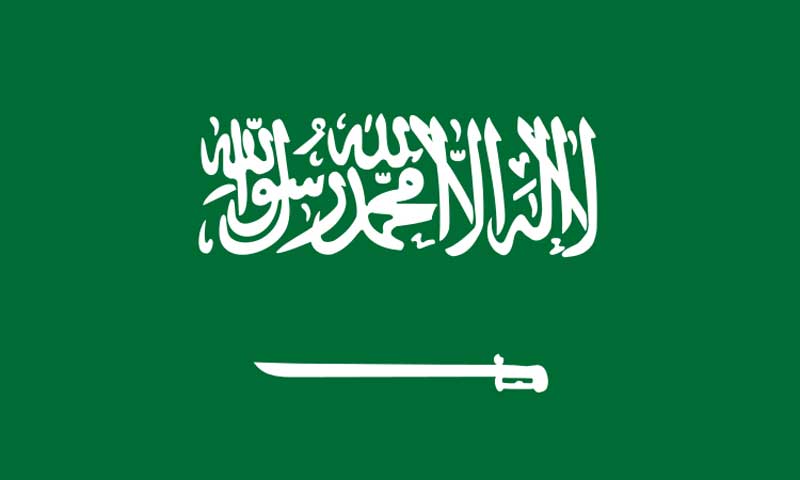RIYADH: Saudi Arabia on Friday listed the Muslim Brotherhood and two Syrian groups as terrorist organisations and ordered citizens fighting abroad to return within 15 days or face imprisonment, state TV reported.
The latest move represents a major escalation against the Muslim Brotherhood of deposed Egyptian president Mohamed Morsi and indicates rising concern in Riyadh over the possible return of battle-hardened Saudis extremists from Syria.
In addition to the Muslim Brotherhood, Saudi listed Al-Nusra Front, which is Al-Qaeda's official Syrian affiliate, and the Islamic State of Iraq and the Levant (ISIL), a rogue group fighting in both Syria and Iraq, as terrorist organisations.
It also listed as terrorist groups the Shia Huthi rebels fighting in northern Yemen and a little-known internal Shia group called Hezbollah in the Hijaz.
Saudi and other conservative Gulf monarchies have long been hostile towards the Muslim Brotherhood, fearing that its brand of grass-roots activism and political Islam could undermine their authority.
Riyadh is a staunch supporter of the Sunni-led rebels battling to overthrow Syrian President Bashar al-Assad but has long feared blowback from radical groups, particularly after a spate of attacks by a local Al-Qaeda franchise from 2003 to 2006.
King Abdullah last month decreed jail terms of up to 20 years for belonging to “terrorist groups” and fighting abroad.
Similar sentences will be passed on those belonging to “extremist religious and ideological groups, or those classified as terrorist organisations, domestically, regionally and internationally,” state news agency SPA said at the time.
Supporting such groups, adopting their ideology or promoting them “through speech or writing” would also incur prison terms, the decree added.
Rights group Amnesty International sharply criticised last month's legislation, saying it could be used to suppress peaceful political dissent because the law used an “overly vague definition of terrorism”.
“The Saudi Arabian authorities are seeking legal cover to entrench their ability to crack down on peaceful dissent and silence human rights defenders,”Amnesty's Said Boumedouha said at the time.
Saudi Arabia set up specialised terrorism courts in 2011 to try dozens of nationals and foreigners accused of belonging to Al-Qaeda or being involved in a wave of bloody attacks that swept the country from 2003.













































